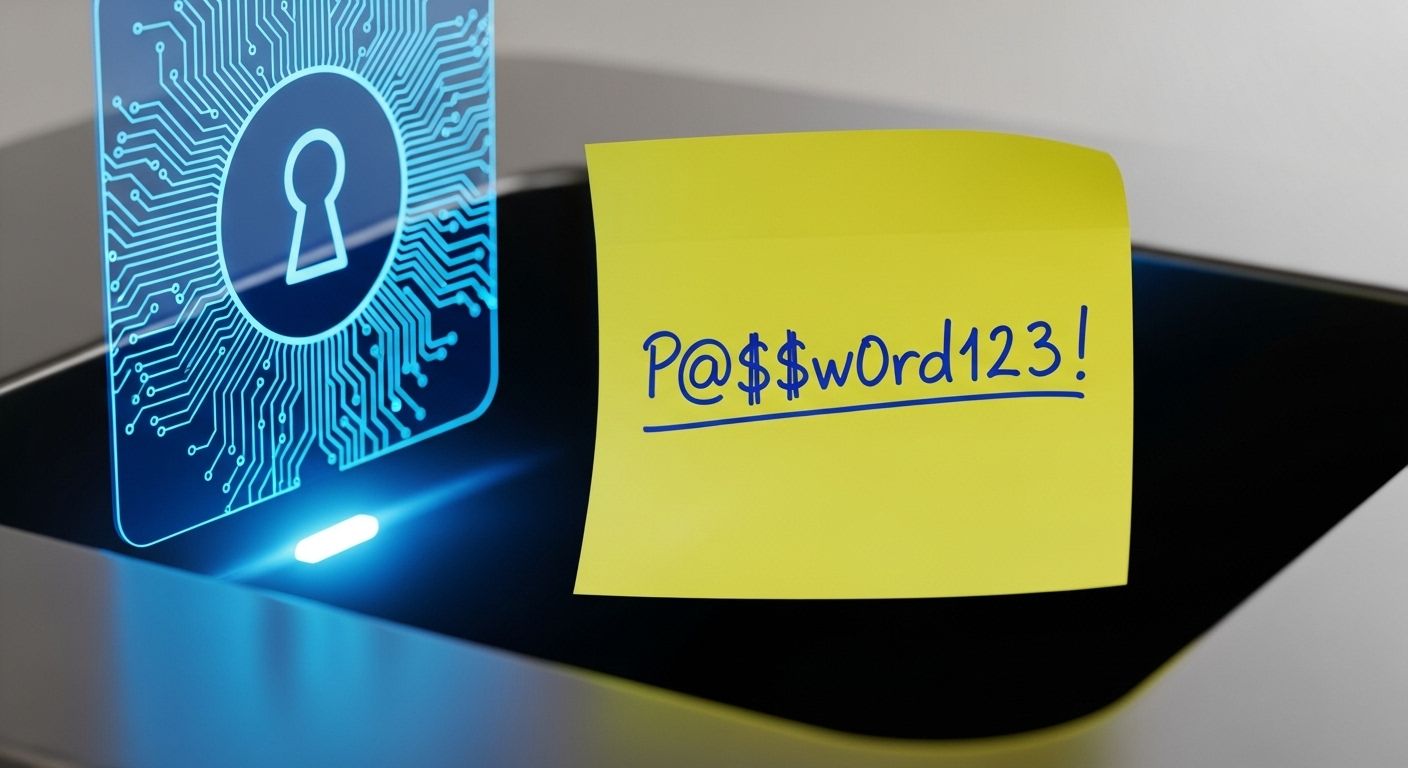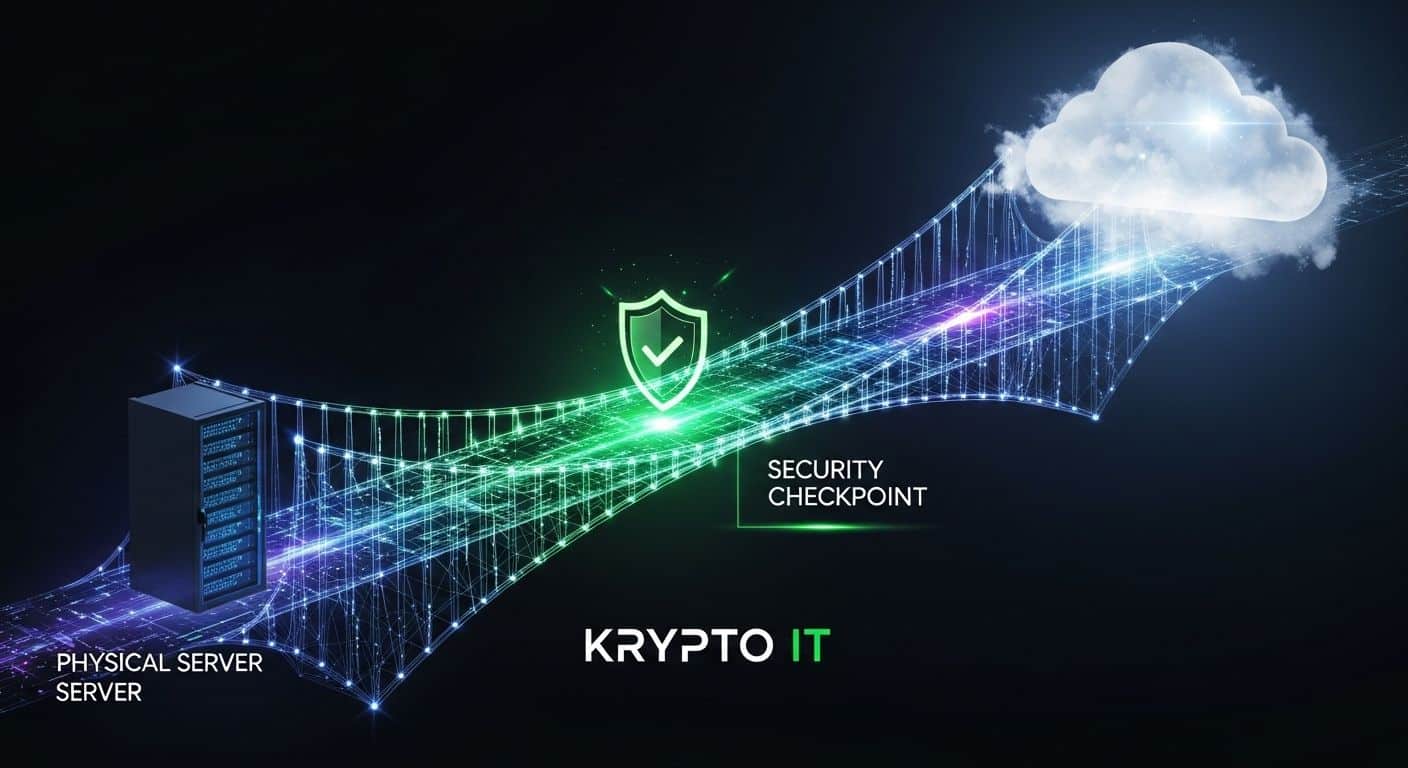
Human Firewall: SMB Employee Cyber Training
July 16, 2025
AI’s Darkest Trick: Deepfakes, Fake Recruiters, Cloned CFOs
July 18, 2025Hackers Exploit Microsoft Teams for Malware Delivery
Microsoft Teams has become an indispensable communication and collaboration hub for businesses worldwide, including countless Small and Medium-sized Businesses (SMBs) in Houston. Its seamless integration with Microsoft 365 makes it incredibly efficient. However, this widespread adoption also makes it an attractive target for cybercriminals. Recent reports highlight a disturbing trend: hackers are actively leveraging Microsoft Teams to spread a dangerous new variant of malware called Matanbuchus 3.0 to targeted firms. This sophisticated tactic exploits the inherent trust users place in internal communication platforms, bypassing traditional email and network security layers.
For Houston SMBs, this means that even if your email gateway is robust, a malicious file shared directly within a Teams chat could lead to a devastating malware infection, data breach, or ransomware attack. Understanding this evolving threat is critical to securing your collaborative environment.
Matanbuchus 3.0: A Stealthy Malware Evolution
Matanbuchus is a sophisticated malware loader, meaning its primary function is to establish a foothold on a victim’s system and then download and execute additional, more destructive malware. Matanbuchus 3.0 represents an evolution, incorporating new evasion techniques and aiming for stealthier infections.
Key characteristics of Matanbuchus:
- Loader Functionality: It’s designed to deliver other payloads, often including ransomware (like Black Basta or BlackCat), information stealers, or banking Trojans.
- Persistent Access: It establishes persistence on the infected machine, allowing attackers to maintain control even after a reboot.
- Evasion Techniques: Matanbuchus 3.0 has updated its techniques to bypass detection by traditional antivirus software.
- Initial Access Broker: Groups using Matanbuchus often act as “initial access brokers,” selling their foothold to other criminal groups for further attacks.
The Attack Vector: Abusing Microsoft Teams’ Trust
The shift to using Microsoft Teams as a malware delivery mechanism is a highly effective social engineering tactic that exploits several factors:
- Impersonation and Compromised Accounts:
- External Access: Attackers first compromise an external Microsoft 365 account, often from a third-party vendor or a legitimate organization. This gives them a seemingly legitimate “external” identity within Teams.
- Internal Compromise (Less Common but Possible): Alternatively, an attacker might compromise an internal employee’s Microsoft 365 account through phishing or credential stuffing, allowing them to send messages from a trusted internal source.
- Highly Credible Communication: The attacker, from a compromised account, initiates a chat message with a target user within your organization’s Teams environment. The message is crafted to appear legitimate and urgent, often relating to:
- A supposed “invoice” or “payment” issue.
- A “project update” or “document review.”
- A “support request” or “technical issue.”
- Generic business communication that preys on curiosity or helpfulness.
- Malicious File Delivery: Instead of a link, the attacker attaches a seemingly innocuous file directly within the Teams chat. This file is often disguised as a legitimate document (e.g., a PDF, an Excel spreadsheet, a Word document). However, it contains the Matanbuchus 3.0 loader. The trust associated with file sharing within Teams reduces user suspicion.
- Bypassing Email Filters: Crucially, by using Teams for delivery, attackers completely bypass your organization’s email security gateways (ESGs) and email filters, which are typically the first line of defense against malicious attachments.
- User Execution: When the unsuspecting user clicks on the seemingly legitimate file in Teams, the Matanbuchus 3.0 loader is executed, establishing a foothold and paving the way for further malicious activity.
Why This Threat is So Dangerous for Houston SMBs
For SMBs in Houston, the exploitation of Microsoft Teams for malware delivery poses several unique and severe risks:
- High Trust Environment: Teams is designed for internal collaboration. Users are generally more trusting of files and links shared within a Teams chat than those received via email, making them more susceptible to social engineering.
- Bypassed Email Security: Your investment in robust email security solutions might not protect you if the attack vector is direct via Teams.
- Stealthy Initial Access: The malware often goes undetected by initial defenses, allowing attackers to establish persistence before deploying more damaging payloads like ransomware.
- Credential Theft & Account Takeover: Once Matanbuchus is on a system, it can steal credentials, leading to further account compromises within your Microsoft 365 environment or other critical systems.
- Data Breach & Ransomware: The ultimate goal is often data exfiltration (for double extortion) or ransomware deployment, leading to severe operational disruption, financial losses, and reputational damage.
- Remote Work Vulnerability: With many SMBs embracing remote or hybrid work, Teams usage has soared, increasing the potential attack surface if remote employees are less vigilant.
Protecting Your Houston SMB from Teams-Based Malware
Combating this evolving threat requires a multi-layered approach that addresses both technical vulnerabilities and human behavior:
- Advanced Endpoint Detection & Response (EDR/MDR): This is paramount. EDR solutions continuously monitor endpoint activity, detect suspicious behavior (like Matanbuchus’s execution patterns), and can prevent initial infections or contain them quickly before they spread or download further payloads.
- Continuous Security Awareness Training (Teams-Specific):
- Focus on Teams Phishing: Train employees specifically on recognizing malicious attachments and social engineering tactics within Microsoft Teams chats.
- Verify Unexpected Files: Instruct users to be highly skeptical of unsolicited files, even from known contacts. If a file is unexpected or seems unusual, they should verify its legitimacy through a different communication channel (e.g., a phone call to the sender, not replying in Teams).
- Report Suspicious Activity: Emphasize the importance of immediately reporting any suspicious messages or files received in Teams.
- Strict File Sharing Policies & Controls:
- Block Dangerous File Types: Configure Microsoft 365 Defender for Office 365 (MDO) to block known malicious file types from being shared within Teams.
- Safe Attachments/Links: Ensure MDO’s Safe Attachments and Safe Links features are fully enabled for Teams.
- Limit External Sharing: Review and restrict external sharing capabilities in Teams and SharePoint to only what is absolutely necessary.
- Multi-Factor Authentication (MFA) Everywhere: While MFA doesn’t prevent file delivery, it’s crucial if an attack leads to credential theft. Ensure MFA is mandatory for all Microsoft 365 accounts.
- Identity and Access Management (IAM): Regularly review and enforce the principle of least privilege for all user accounts, limiting what an attacker can access even if they gain a foothold.
- Regular Vulnerability Management & Patching: Keep all Microsoft 365 applications, operating systems, and other software updated. Attackers often exploit known vulnerabilities to gain initial access.
- Incident Response Plan: Develop and regularly test an incident response plan that specifically addresses compromises originating from collaboration platforms like Teams. This includes clear steps for isolating infected devices, forensic analysis, and data recovery.
- Threat Intelligence: Partner with a cybersecurity provider like Krypto IT who stays up-to-date on emerging threats and can provide intelligence on new malware variants and attack vectors.
The convenience of Microsoft Teams must not come at the expense of your security. For Houston SMBs, the threat of Matanbuchus 3.0 and similar malware being spread through trusted communication channels is a clear warning that cybersecurity defenses must extend beyond traditional email protection. Krypto IT specializes in securing Microsoft 365 environments and empowering your workforce to recognize and deflect these advanced threats.
Don’t let your collaboration tools become a gateway for cybercriminals.
Contact us today to schedule a free consultation and secure your Microsoft Teams environment against modern malware attacks.




